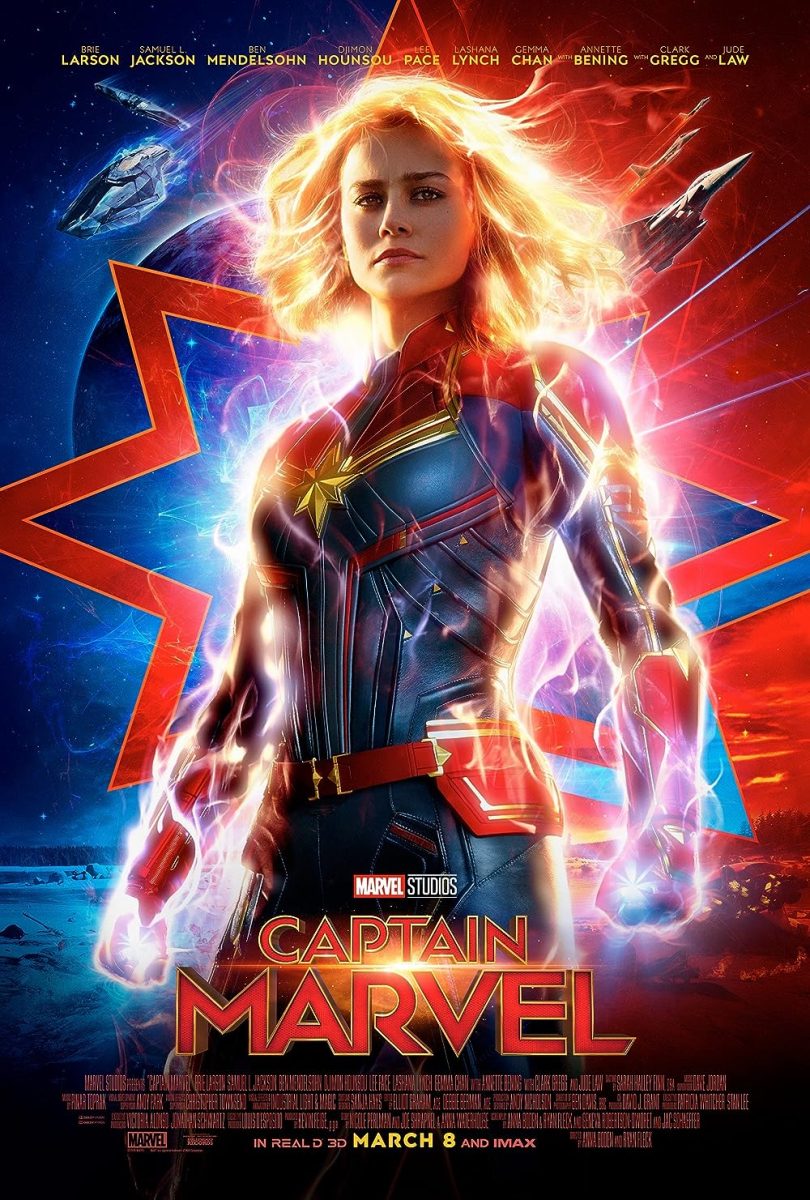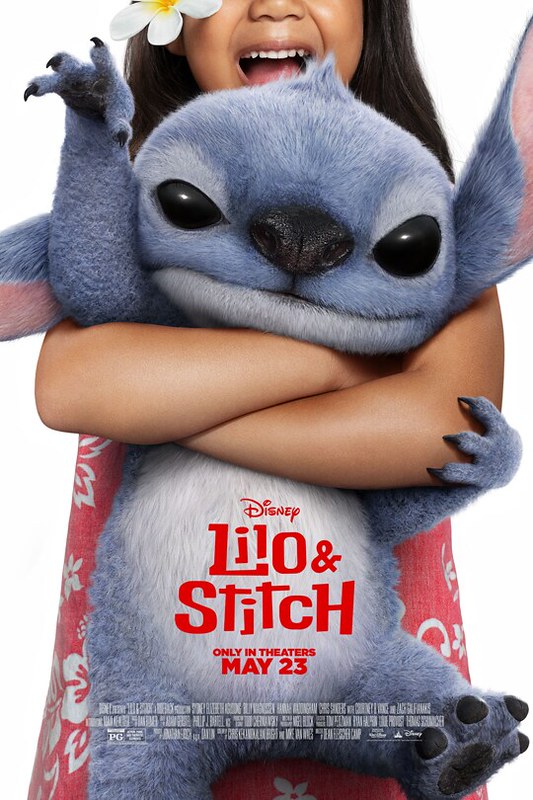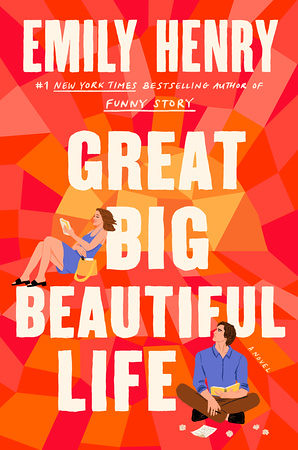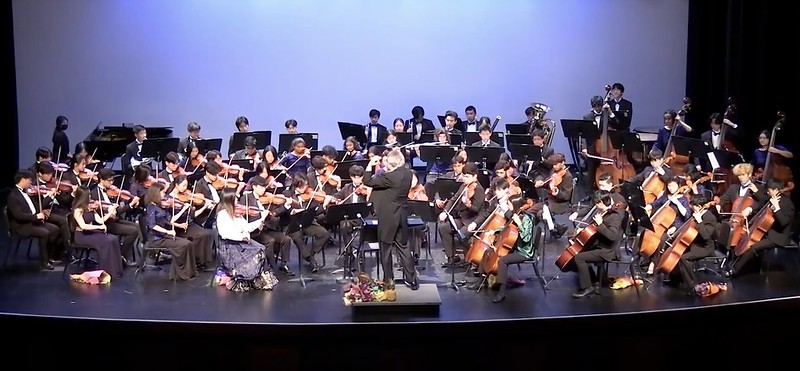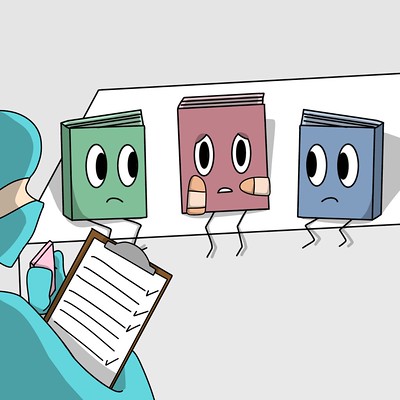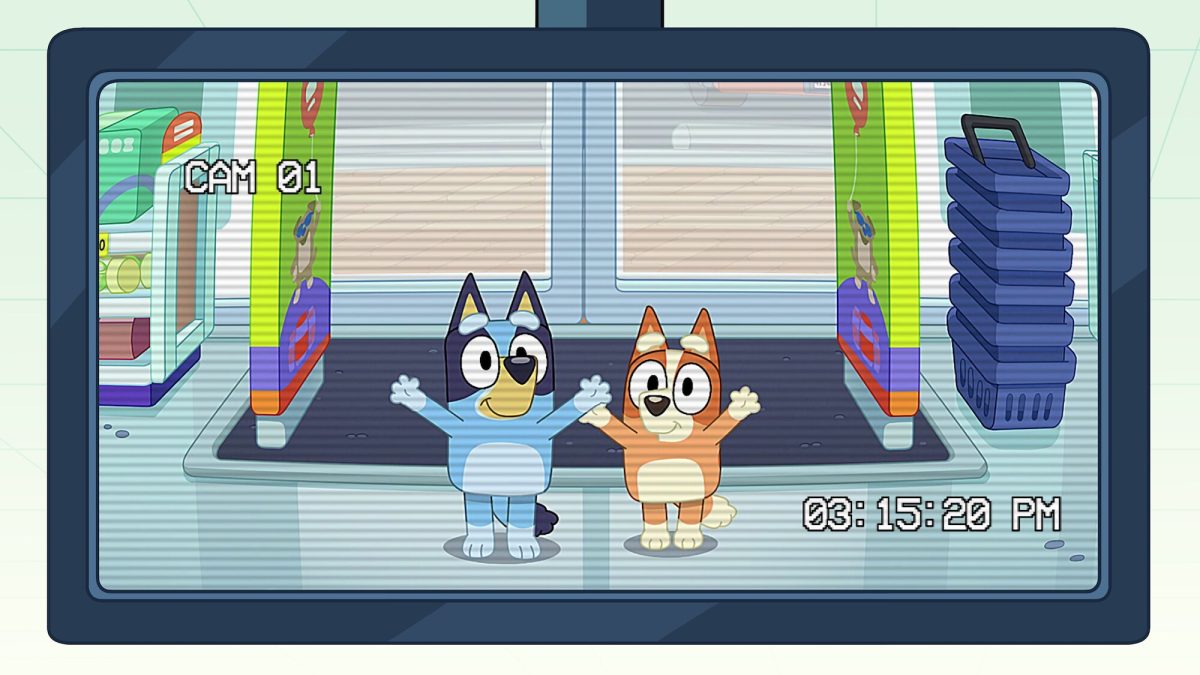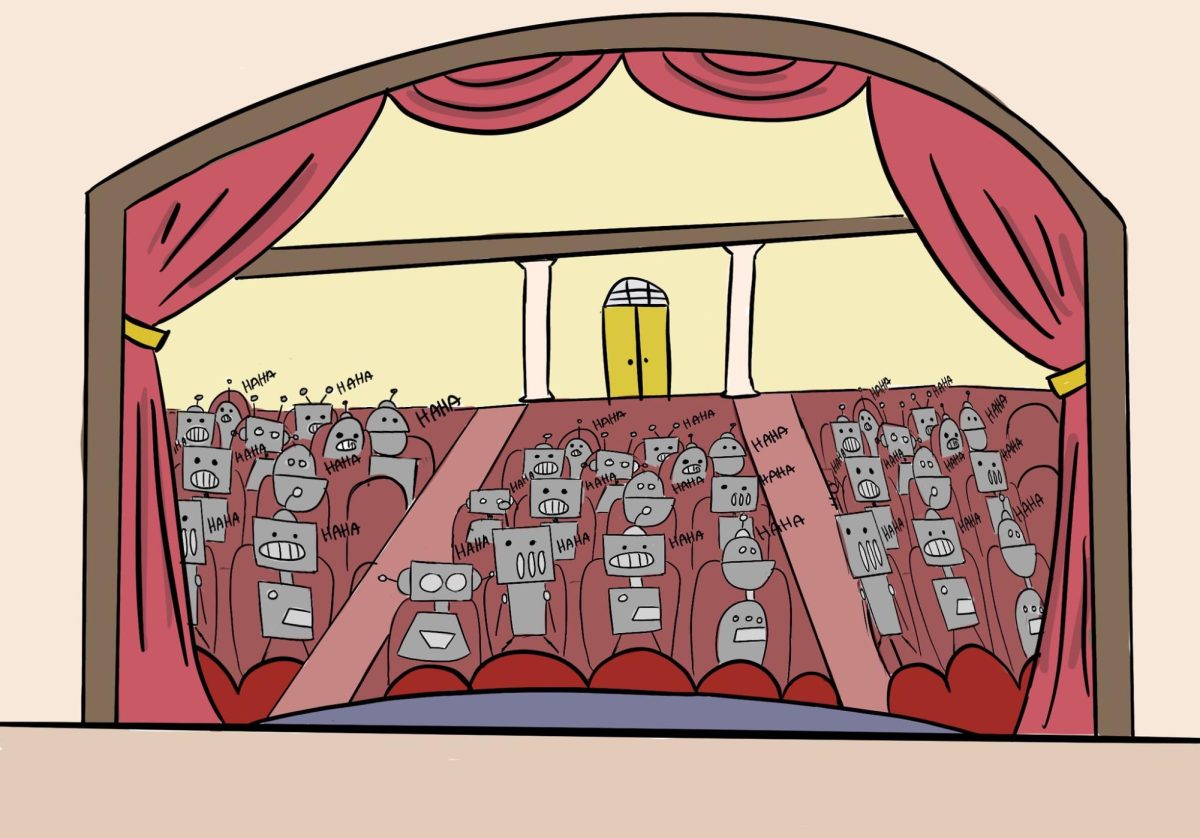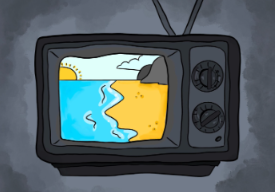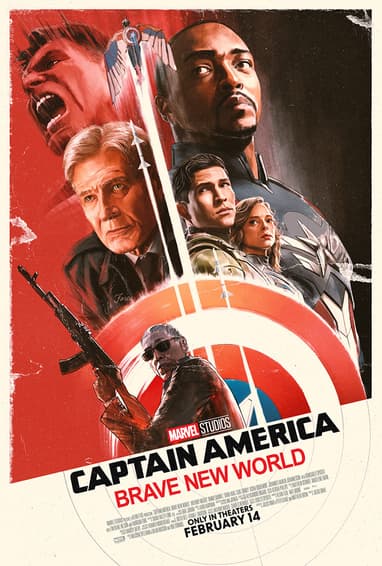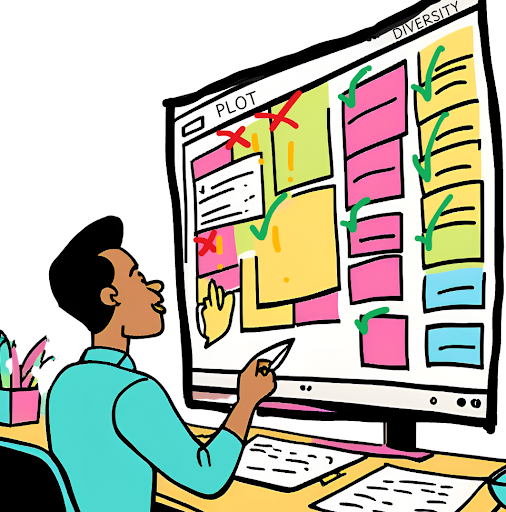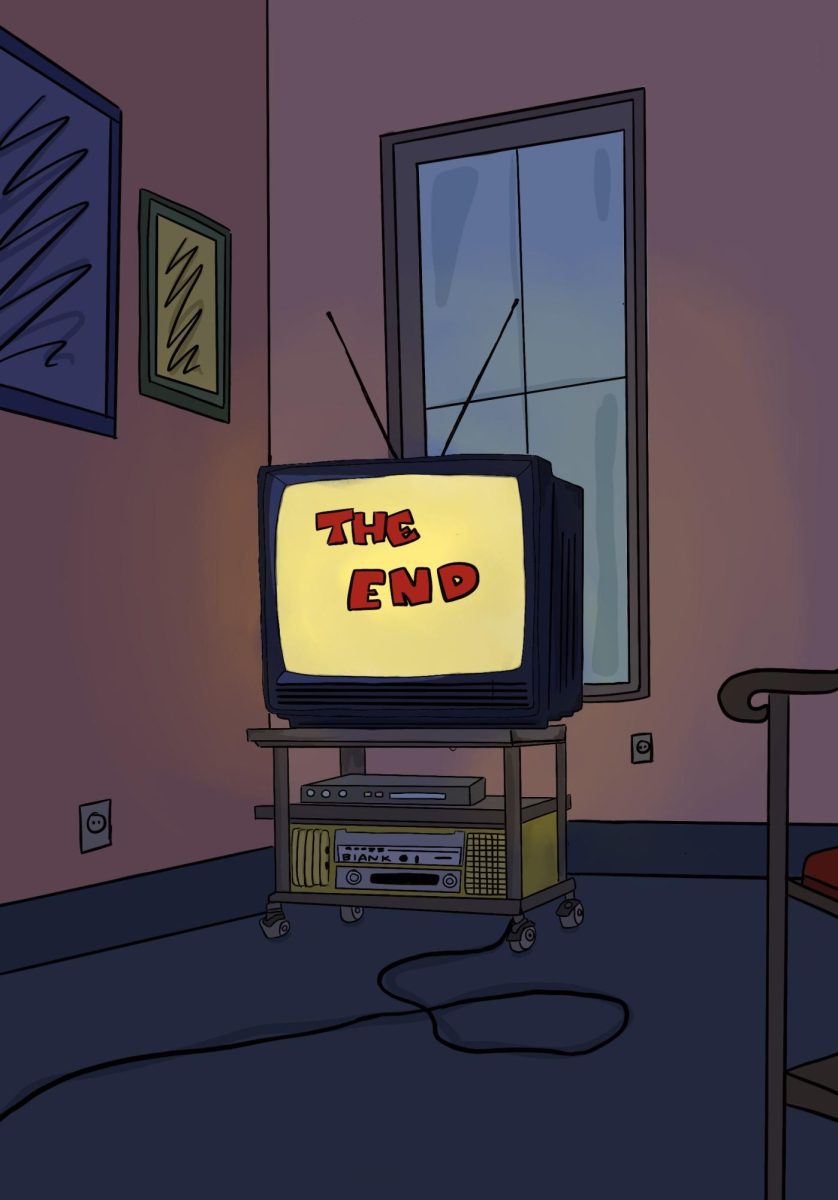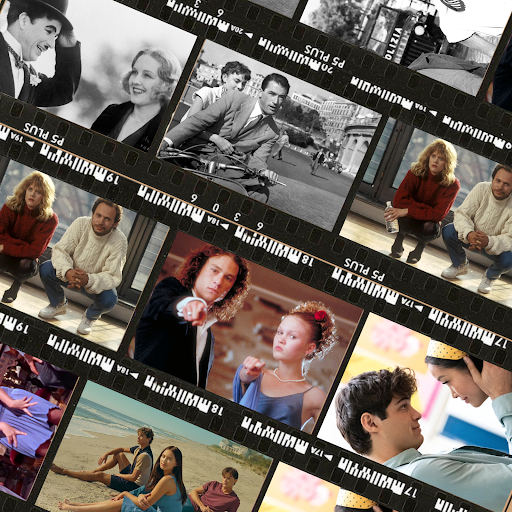Dear Reader,
Women comprise 50% of all moviegoers. Women comprise 37% of all speaking characters in film.
Meanwhile, only 10.7% of directors in 2019 were female. And this is a dramatic improvement from just one year earlier, when the same statistic was only 4.5%.
Clearly, there is a gender disparity when it comes to directors working behind the screen, and it greatly impacts the portrayal of female characters on the screen. Due to the lack of female directors and screenwriters, many of these roles are written with very little input from women at all, resulting in characters who lack depth and are victims to the male gaze.
One of the most demeaning aspects of the male gaze is the treatment of women as eye candy for straight men. The most recent and egregious example of this is the HBO Max original series, “The Idol.” Although four sources told “The Rolling Stone” that director Amy Seimetz initially intended to portray a struggling pop idol who falls victim to an older, cultish industry figure, Seimetz left the show due to a creative overhaul. The final product was directed by Sam Levinson and revolved around a toxic love story that was demeaning and incredibly sexualized (I could barely even watch short clips of the shows without feeling repulsed).
Fortunately, “The Idol” was universally panned by critics, but the objectification of women is also prevalent in other, more family-friendly media. Most of Black Widow’s scenes in her first movie, “Iron Man 2,” include her seduction of other male characters, including forced romantic tension between Iron Man and Black Widow. She’s painted as the “Femme Fatale,” even if she isn’t a villian.
The male gaze goes beyond sexualization, and can also be seen in the sheer disrespect for female characters. For example, let’s consider Christopher Nolan’s award-winning films. Although his storytelling is masterful, his Achilles’ heel is his inability to write full-fledged female characters who live outside his male leads’ fantasies. Take his most recent movie, “Oppeinheimer,” for example: Jean Tatlock pretty much has no personality aside from being the titular character’s muse.
Throughout Nolan’s directorial history, he has been known for conforming to the “women in the refrigerator” trope, referring to how a secondary female character is often killed off to further the male main character’s growth, yet he rarely receives any pushback for his continuous underdevelopment of female characters.
To counter these half-hearted portrayals of women, a new trope has completely flipped the traditional role of women in media: strong, powerful female characters. These women are typically protagonists and have more traditionally “masculine” characteristics.
One of the most prominent examples of this trope is Carol Danvers, or Captain Marvel. Danvers is most known for her freakishly powerful abilities, making her nearly unbeatable. Her headstrong attitude and assertive confidence is the antithesis of feminine fragility.
I have mixed feelings about Captain Marvel. On one hand, I greatly appreciate that she exists in the MCU and is a character that many girls can look up to for her strength and determination. On the other hand, she has no character arc. She lacks any personal growth and throughout the film, there was never a moment when I thought that she was in any danger. She isn’t quite relatable either, and at times, I catch myself feeling disinterested about her fate.
Captain Marvel is far from a perfect portrayal of a female superhero. But it’s a step in the right direction.
She is one of the first main female characters in the Marvel Cinematic Universe (MCU) who isn’t sexualized, whether that be through her outfits or her storyline. Moreover, Captain Marvel somewhat subverts a lot of common patterns that are prevalent in mainstream media, such as the idea that women must be overly sweet, submissive, and kind. Her assertive but heroic persona is refreshing when it comes to female characters, switching gender stereotypes on their head.
I’m not trying to condemn male directors for their mistakes with portraying female characters or even state that female directors are inherently better at shaping female characters than male ones. I adore Scarlet Witch and relate to her far more than I do Captain Marvel.
But I worry that we only criticize bad writing when it is too late, when female characters take center stage with their lack of growth and imperfections. Many poorly-written female characters are put on the sidelines with barely any lines or are treated as objects. If their arcs and growth aren’t given attention, how can we expect directors to create complex heroines who don’t fall for common patterns or don’t mimic masculinity?
Yes, a woman headlining a film is not enough to make her character good or improve the quality of the movie. But we shouldn’t cast aside genuine efforts to correct past misogynistic tropes that have consumed entertainment.
With love,
Anaisha

